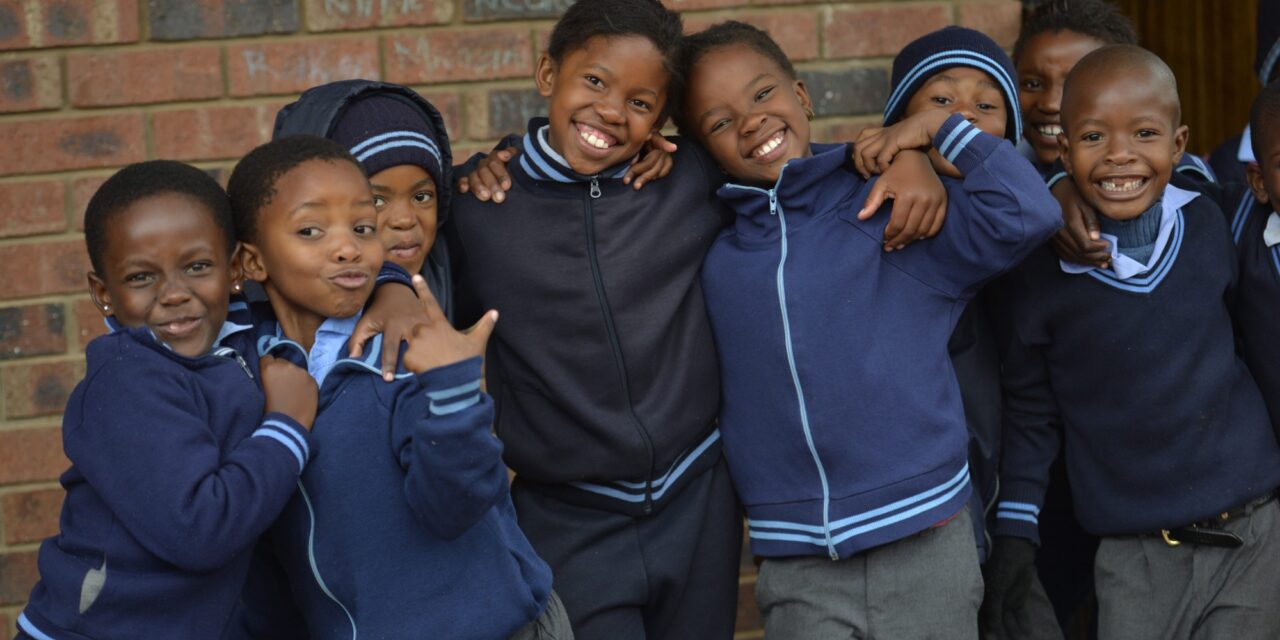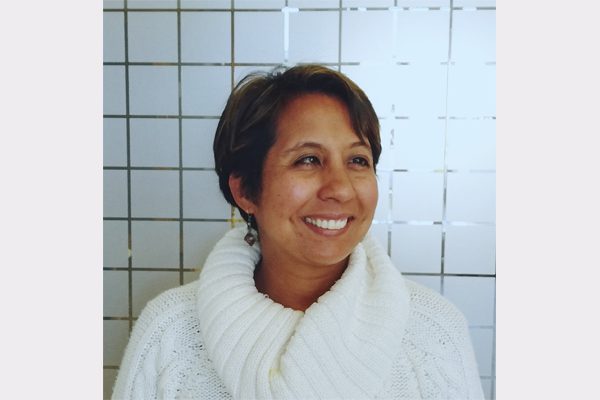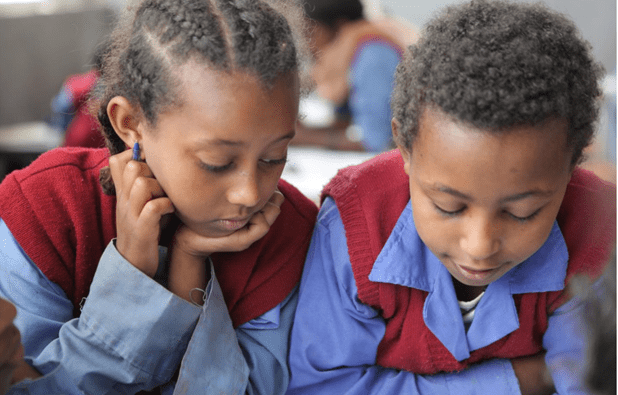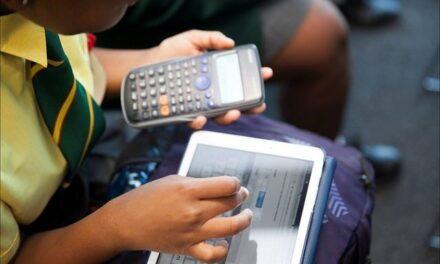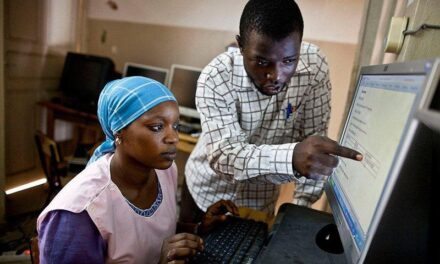This blog was written by Line Kuppens, Senior Education Advisor Primary and Secondary Education, VVOB – education for development; in cooperation with Evariste Karangwa, Dean of the School of Inclusive Education, University of Rwanda College of Education; Dr Tanya Bekker, Head of Inclusive Education of the Department of Studies in Education, University of Witwatersrand; Loran Pieck, M&E Advisor, VVOB South Africa office; and Emmanuel Bamusananire, Director of Planning and Inclusive Education, Rwanda Education Board. The main author will present their work in a presentation entitled ‘Teaching for All: Strengthening Inclusive Teaching Practices in South Africa and Rwanda’ at the September 2019 UKFIET conference on inclusive education systems.
Presented with the opportunity to redress historic inequities and motivated by the ‘Education for All’ agenda, the Governments of post-Apartheid South Africa and post-genocide Rwanda drafted ambitious policies to transform the education system and close participation and learning disparities between certain groups. South Africa’s Education White Paper 6, released in 2001, for instance outlines the transformation of ordinary schools into full-service schools able to address all barriers to learning and development resulting from age, gender, ethnicity, language, class, disability or HIV status. In Rwanda, the Special Needs and Inclusive Education Policy (2007; 2018) was the impetus to adapt the curriculum, methodologies and materials in order to “remove barriers experienced in learning and participation in <the> ordinary school system” (SN & IE Policy, 2018, p. 9).
But upgrading school facilities and changing curricula is not enough. Teaching practices need to change too. Hence the provision in both policies to train and support teachers to implement inclusive teaching practices. Since the enactment of White Paper 6, South African teachers can – in theory – rely on district-based support teams and so-called resource centres (known previously as the special schools) for support. In practice, however, there is little exchange between ordinary schools, full-service schools and resource centres, and education officials appear unsure about the scope and goals of inclusive education. While a selection of teachers has been trained on how to accommodate learners who face barriers to learning, trainings are usually short and apply a cascade model, often failing to reach teachers beyond the direct participants. At pre-service level, teacher educators’ knowledge of inclusive education appears to vary widely. Research shows that, on one end of the spectrum, teacher educators are unfamiliar with White Paper 6 and reduce inclusive education to addressing the needs of learners with disabilities. On the other end, still, educators are well-informed and show deep concern over all forms of exclusion and marginalisation.
In Rwanda, strategy 7 of the 2007 Special Needs and Inclusive Education Policy envisaged to train, deploy and support teachers and technical staff in special needs education. Parallel to South Africa’s policy, it recommended providing district-level support and establishing clusters of schools to exchange best practices. Whereas the implementation of the strategy has proven challenging, Rwanda did open a dedicated School of Inclusive and Special Needs Education in 2014 to train specialists. In the revised Special Needs and Inclusive Education Policy (2018), these specialists are encouraged to act as ‘itinerant teachers’ who move from school to school to provide support to learners facing barriers and their teachers (Strategy 4.1.2.c & 4.4.1.ii).
To further translate the policy intentions into practice, VVOB – education for development partnered with the governments of South Africa and Rwanda and with leading universities in both countries to equip teachers with the knowledge and skills to apply inclusive pedagogy. Acting upon the results of the above research, the University of Witwatersrand is now embedding inclusive teaching in and across courses. Last year, VVOB and the South African Department of Basic Education piloted professional learning communities (PLCs) to complement the in-service training. In PLCs, classroom teachers, school managers and/or subject advisors gather to collectively identify challenges they face related to learning barriers and discuss ways to overcome them. Pilot results show how PLCs help teachers to better identify and address barriers. An English teacher shared: “PLCs brought about changes that assist us to understand it is good to start your lessons from what the learners are familiar with.”
In Rwanda, VVOB developed a unit on inclusive education at, and together with, the University of Rwanda – College of Education to integrate in continuous professional development programmes. The unit introduces Rwandan teachers to inclusive education, calls for reflection on daily practices and provides strategies to ensure that all children receive opportunities to fully participate and learn in school. Through contextually relevant case stories and vignettes, teachers learn, for instance, how to differentiate by quantity, task, level of support, and/or outcome. Since January of this year, all 16 teacher training colleges in Rwanda also offer 72 hours on Inclusive and Special Needs Education.
The cases of South Africa and Rwanda show that, in the absence of pre- and in-service training for teachers on inclusive pedagogy, official rhetoric on inclusive education in policy documents has little effect on classroom practices. Yet, above all, the cases show how investing in teacher professional development facilitates learning for all through teaching for all.

